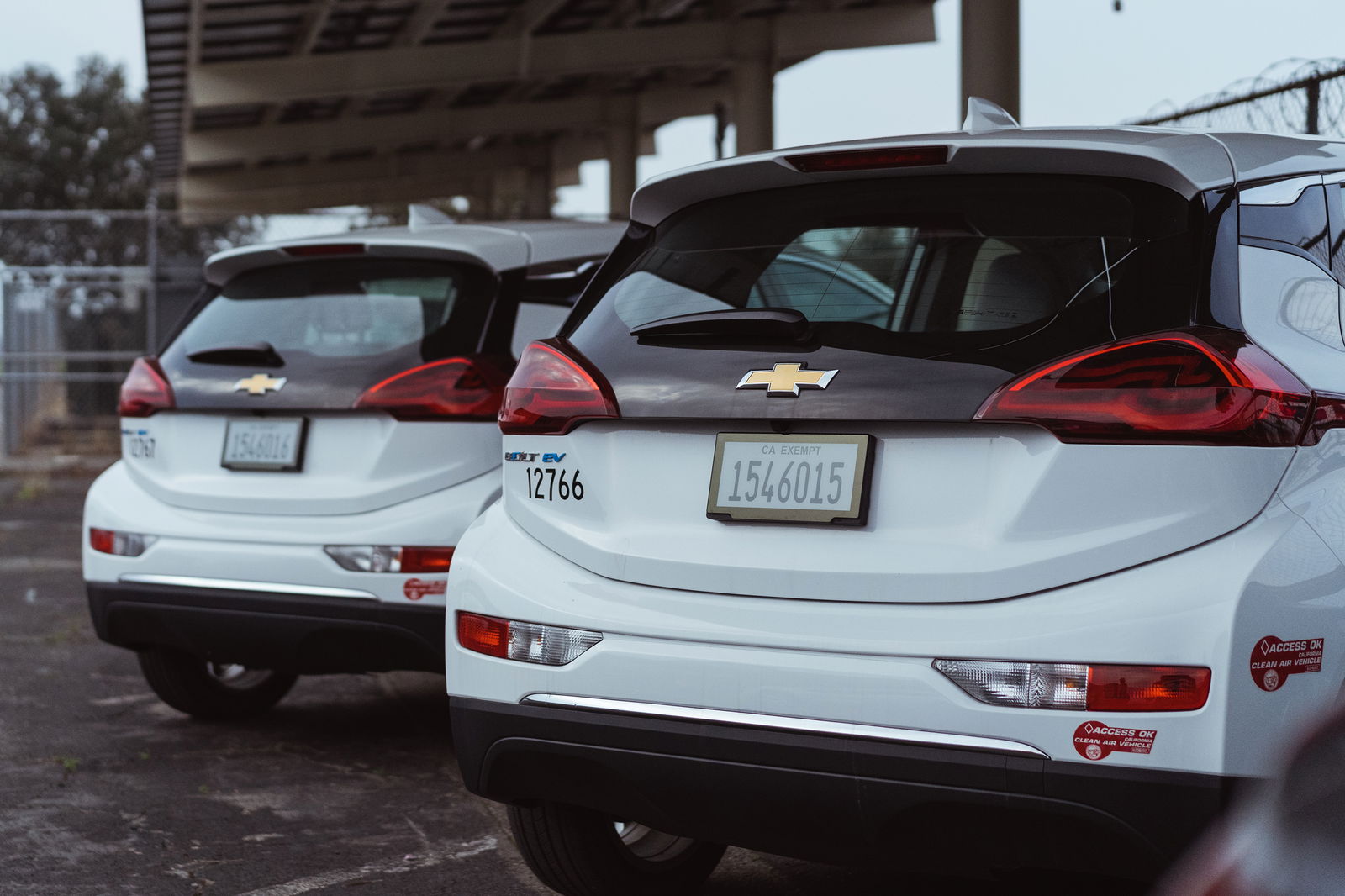Police Officers Told To Handle Crimes “Over The Phone” To Save On Fuel Costs

It’s safe to say that most drivers are feeling the effects of rising fuel costs at the moment, and not even the police are immune to the problem. According to a Facebook post made by Michigan’s Isabella County Sheriff Michael Main, the area’s police officers have been told to handle certain requests over the phone rather than sending personnel to the scene in order to cut back on expensive petrol.
In the post, Sheriff Main stated, “I have instructed the deputies to attempt to manage whatever calls are acceptable over the phone. This would be non-in-progress calls, non-life-threatening calls, calls that do not require evidence collection or documentation”. The Isabella County Sheriff explained that the force had “exhausted what funds were budgeted for fuel with several months to go before the budget reset.”
The statement was later deleted, and the state police department clarified that “Deputies will continue to provide patrols to all areas of the county, they will respond to those calls that need to be managed in-person … Any call that is in progress with active suspects will involve a response by the deputies.”
See also: UK Petrol Is Now Four Times More Expensive Than The World’s Cheapest
According to TheDrive, the Isabella County Police Department received $3.7 million for its 2022 budget, with $40,000 (£33,115.20) being allocated for “Oil and Gas” expenditures. The department’s overall fuel budget fell by $3,579 (£2,962.62) between 2020 and 2022 despite the overall budget growing by more than $500,000 (£413,890) in the same two-year period. The majority of that budget has been spent on salaries, while $105,423 (£87,267.05) was set aside for “new vehicles” including a new Ford F-150 and a Ford SUV costing more than $50,000 (£41,394) each.

The price of petrol in Michigan is currently at an all-time high, averaging at $5.22 (£4.32) per gallon. Many parts of the world are now being hit with inflated fuel costs, including here in the UK, where having to pay more than £2 a litre is becoming increasingly common.








Comments